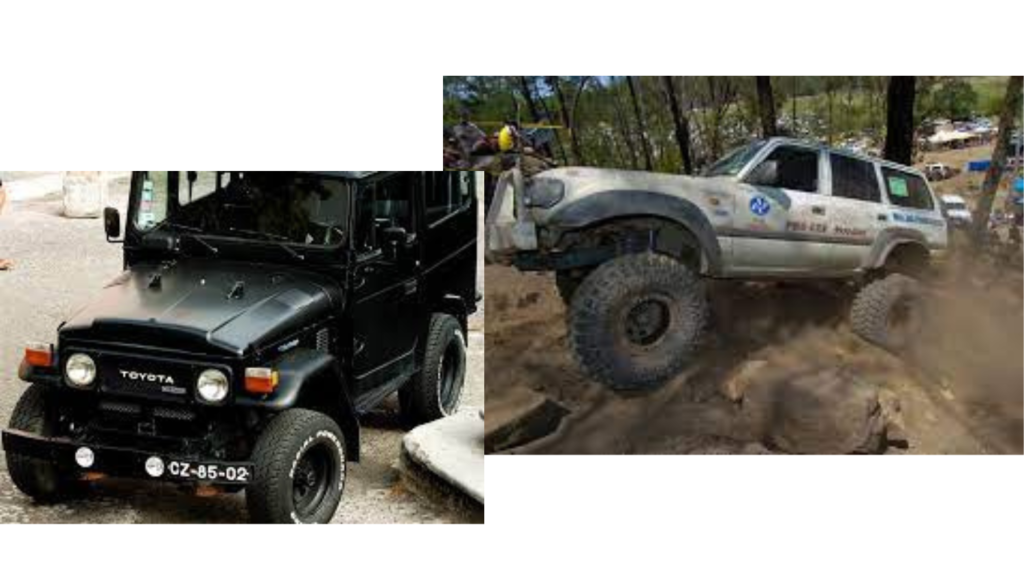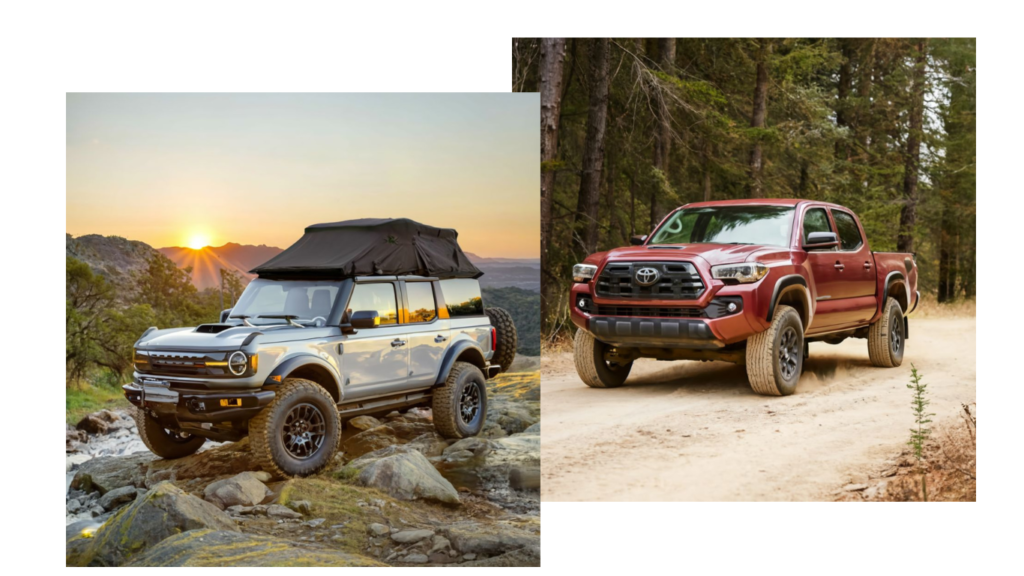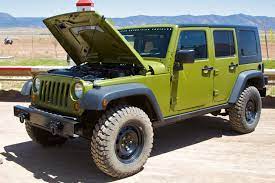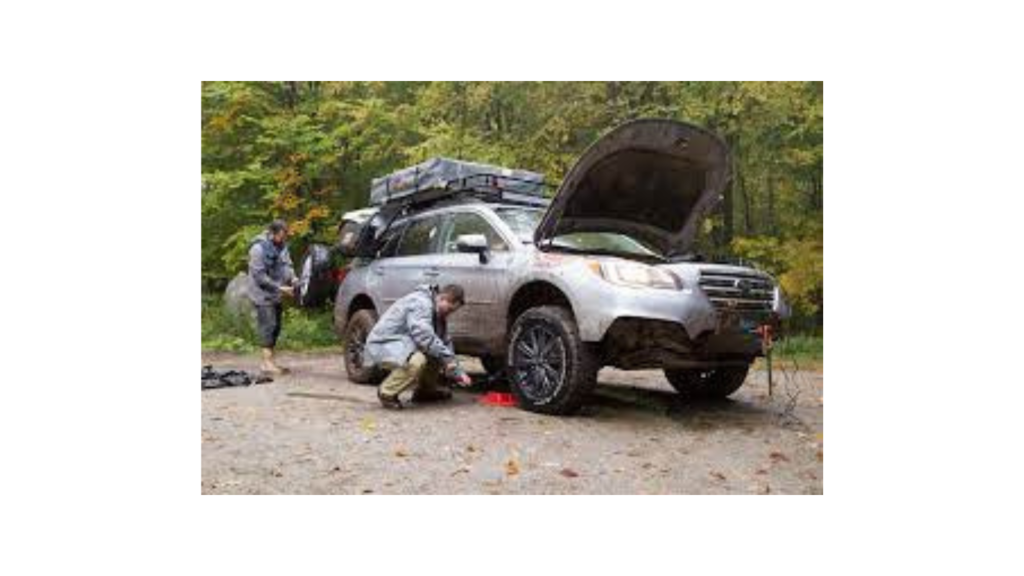When venturing into the rugged and untamed wilderness that beckons the off-roading community, the choice between gas and diesel trucks becomes more than a matter of preference—it’s a strategic decision that could influence your adventure’s success. Both types of engines have their loyalists and skeptics, but when pitted against the unpredictable and often challenging terrain encountered when off-roading, each exhibits distinct advantages and limitations. In this article, we’ll dive into the heart of the gas vs. diesel debate, aiming to equip you with the knowledge to choose the best companion for your off-road adventures.
The Power Under the Hood: Gas vs. Diesel
Diesel:

Known for their remarkable torque, diesel engines excel in delivering power at low RPMs, making them ideal for crawling over rocks or towing heavy loads. This low-end grunt is crucial for off-roaders needing to navigate steep inclines or pull themselves out of tricky situations. Additionally, diesel trucks often have a longer lifespan, thanks to their robust construction designed to withstand high compression.
Gas or Petrol:

On the flip side, gas engines shine in terms of horsepower, providing that instant burst of speed crucial for mudding or quickly covering ground on flat surfaces. They rev higher and can accelerate faster than their diesel counterparts, offering a more responsive and exhilarating driving experience, especially when speed is of the essence.
Gas vs Deisel Fuel Economy and Cost
Diesel:
Diesel fuel packs a denser energy punch than gasoline, translating into better fuel economy and longer range—essential for long-distance off-roading adventures where fuel stations are few and far between. Furthermore, diesel’s efficiency can be ideal for those hauling trailers or additional gear.
Gas or Petrol:
While traditionally less efficient, advancements in gas engine technology have narrowed the fuel economy gap. Gasoline’s widespread availability is a significant advantage, ensuring you can refuel almost anywhere, which can be reassuring for off-roaders exploring remote areas without the hassle of planning fuel stops around stations that have diesel.
Maintenance and Durability
Diesel:

The durability of diesel engines is legendary, often outlasting their gas counterparts with proper maintenance. However, this comes with an all to aften hight cost: diesel engine maintenance can be costlier and more complex, potentially offsetting the savings from fuel efficiency and longevity, especially if specialized services are required.
Gas or Petrol:

Gas engines are generally less expensive to repair and maintain, with parts and service readily available. This can be a crucial consideration for off-roaders who push their vehicles to their limits and require frequent maintenance or repairs. Their simpler construction and widespread use make finding a knowledgeable mechanic or DIYer easier and more affordable.
Gas vs Diesel Environmental Impact
Diesel:
Modern diesel engines have made significant strides in reducing emissions and noise, but they can still be louder and emit more particulates than gas engines. For those concerned with environmental impact or noise, newer models with advanced emission control systems are worth considering
Gas or Petrol:
Gasoline engines typically run quieter and with less vibration than diesel engines, offering a more pleasant off-road experience. They also tend to produce fewer emissions, aligning better with environmental concerns, although the gap is closing as diesel technology advances.
To learn more about enviromental inpact ofoff-roading read our article “The Hidden Impact of Off-Road Vehicles in the Forests“
What’s Right for You?
Choosing between a gas and diesel vehicle for off-roading depends on your priorities, the type of off-roading you plan to do, and your personal preferences. If you prioritize torque and fuel efficiency for long trips, and are prepared for potentially higher maintenance costs, a diesel truck might be your ideal off-road companion. On the other hand, if you value speed, lower maintenance costs, and easier fuel availability, a gasoline-powered vehicle could be the way to go.
Ultimately, the best advice is to test drive both types of vehicles in off-road conditions if possible. This firsthand experience, combined with the considerations outlined above, will guide you to the vehicle that best fits your off-roading style and the adventures you mar plan in the future.